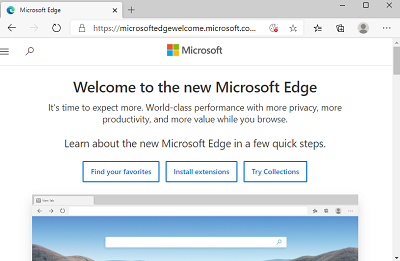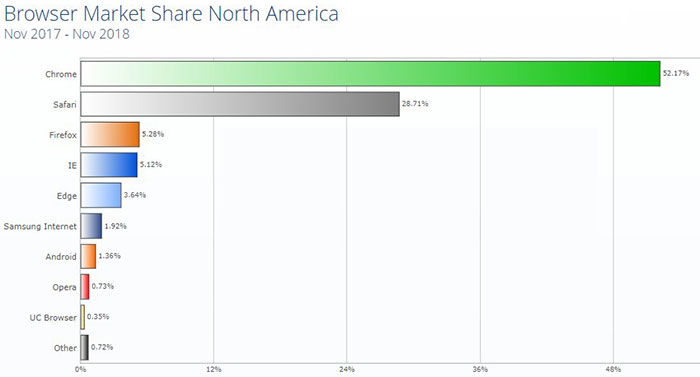
Open source projects like Firefox and WebKit have led the way in defining the next generation of web technologies and standards, and we felt the best way we could help was to follow suit, and be as open as we could. Primarily it's because one of the fundamental goals of the Chromium project is to help drive the web forward. In their release announcement, the Chromium team explains their reason for publishing the code under a permissive BSD license. V8 might have been such a thing, but Google didn't need a better engine for themselves, they needed a better web for themselves: a medium to sell ads through. There wasn't any proprietary magic in Chromium that was worth keeping secret. The name “Chrome” is a reference to the fairly minimal user interface Google added around WebKit and V8. (V8 wasn't completely written from scratch, but some parts were based on Strongtalk which also formed the basis of the OpenJDK/HotSpot Java Virtual Machine). Google created Chromium by taking the open-source WebKit and combining it with their more advanced V8 JavaScript engine, which made client-side web applications more feasible.

After all, Apple was not in the business of making browser engines but in the business of selling devices that need a pre-installed browser.

There was some collaboration between WebKit and KHTML but at some point Apple found it easier to completely open-source their code: working together is easier. WebKit was actually a fork of the KDE project's KHTML browser engine. Safari was based on the WebKit rendering engine, which had recently been open-sourced. The remaining market share was split between Opera and Safari.But Google didn't want to bet the future of their company on another organization's browser. While FF could never match IE's popularity (because it didn't come pre-installed on Windows), it was the browser of choice for anyone who had a choice. The Firefox code was based on the Netscape browser which had lost the first browser war – but was then open-sourced in an experiment: a bet that working together was better than working against each other. Firefox was an open source browser that had about 25% market share.Google depends on the web to sell ads, but IE wasn't a very attractive portal to the web. Internet Explorer had won the first browser war (late 90s) and had about 70% market share, but was somewhat stagnant since then.Building browser engines is expensive! Instead, they looked at the market situation at the time (2008):

When Google created Chrome/Chromium, they didn't start from scratch.

Chromium is derived from a tradition of open source components.Browsers don't have any secrets that must be protected.Instead, I want to point out three aspects: Companies produce open source software for a variety of reasons, including marketing and developer relations.


 0 kommentar(er)
0 kommentar(er)
